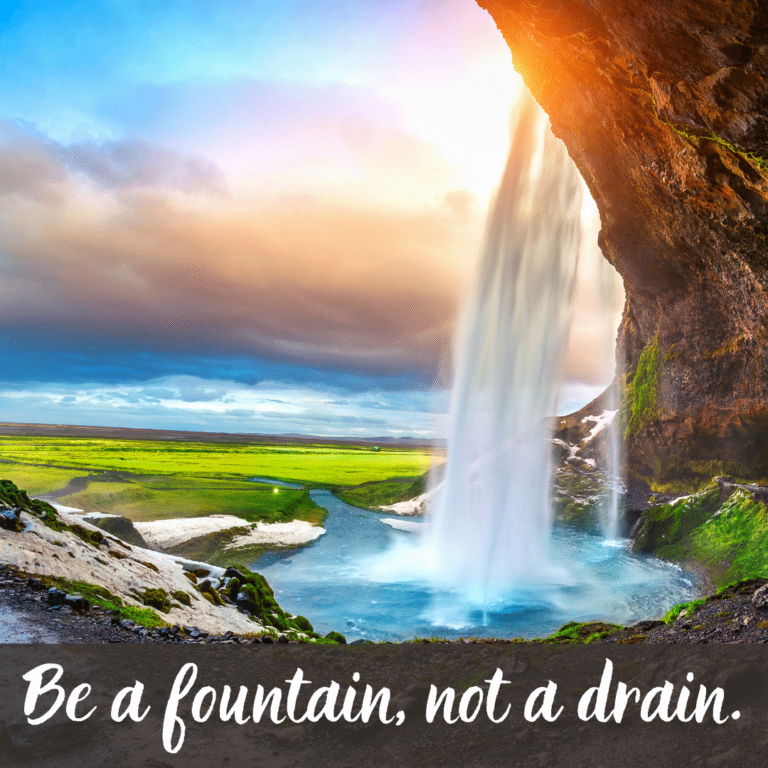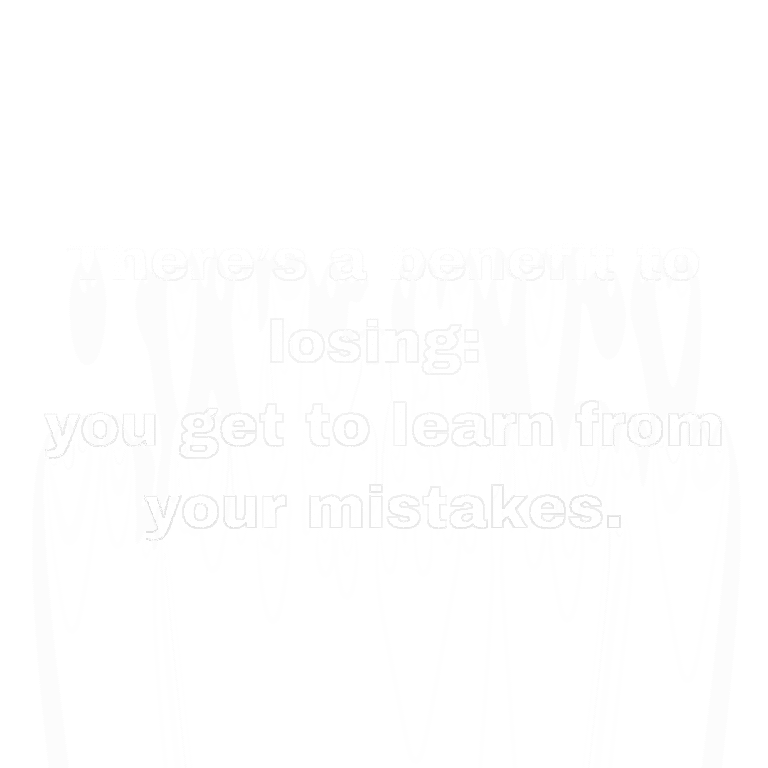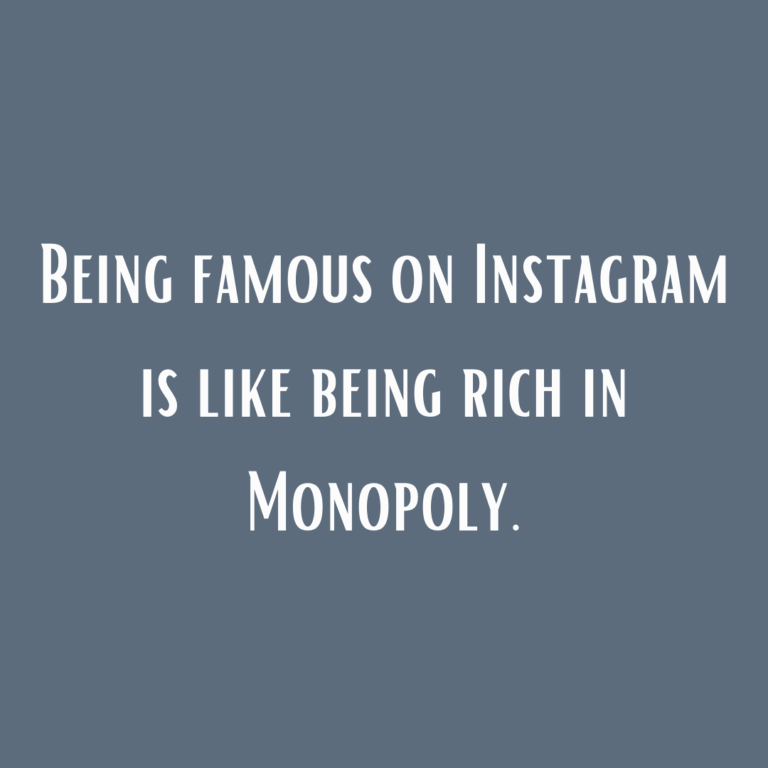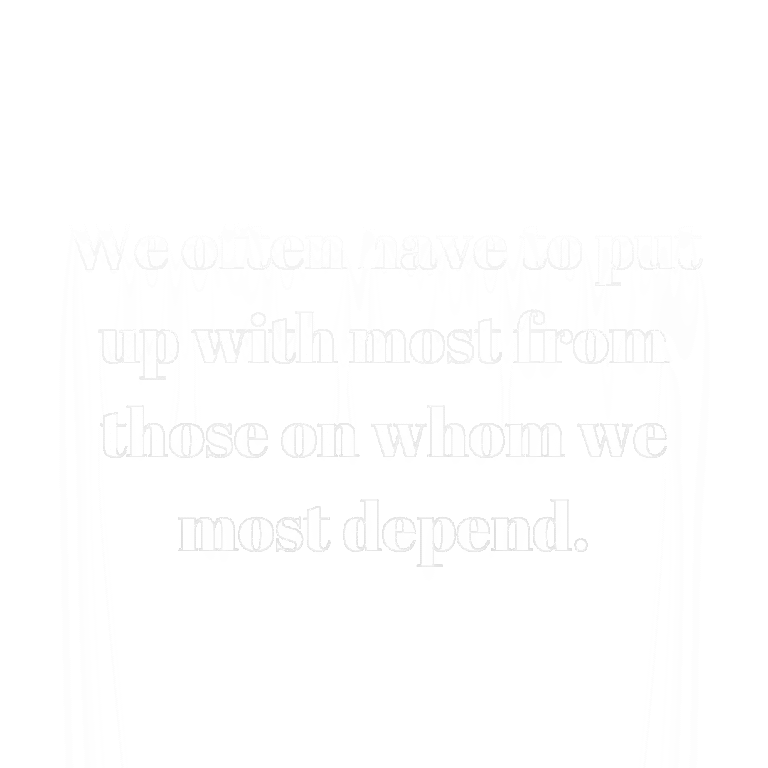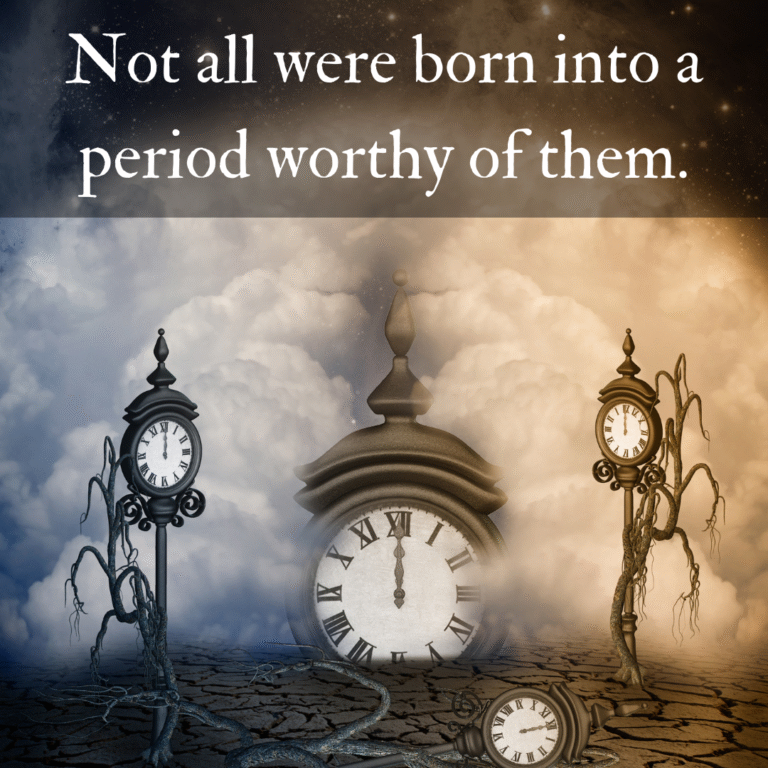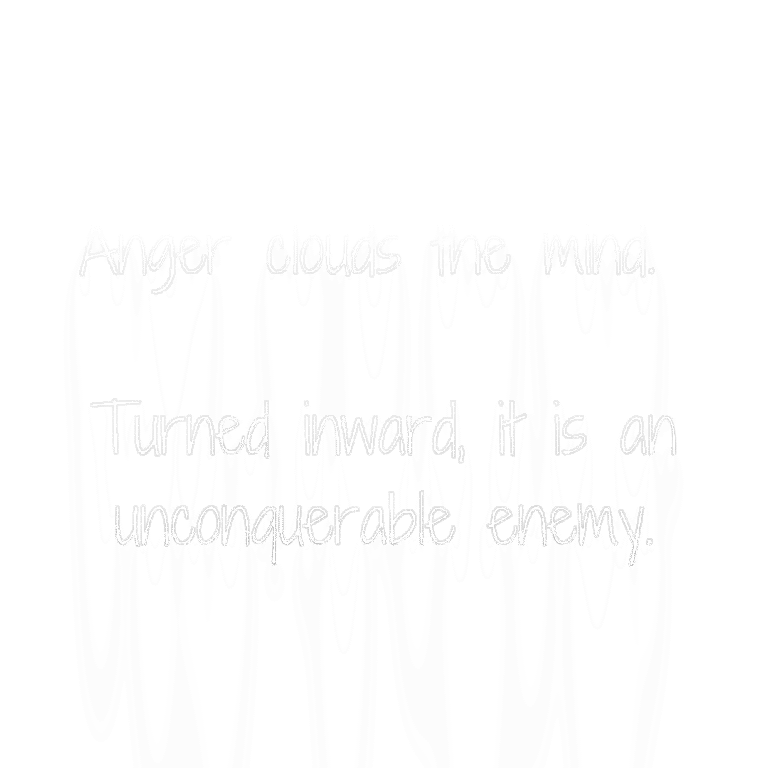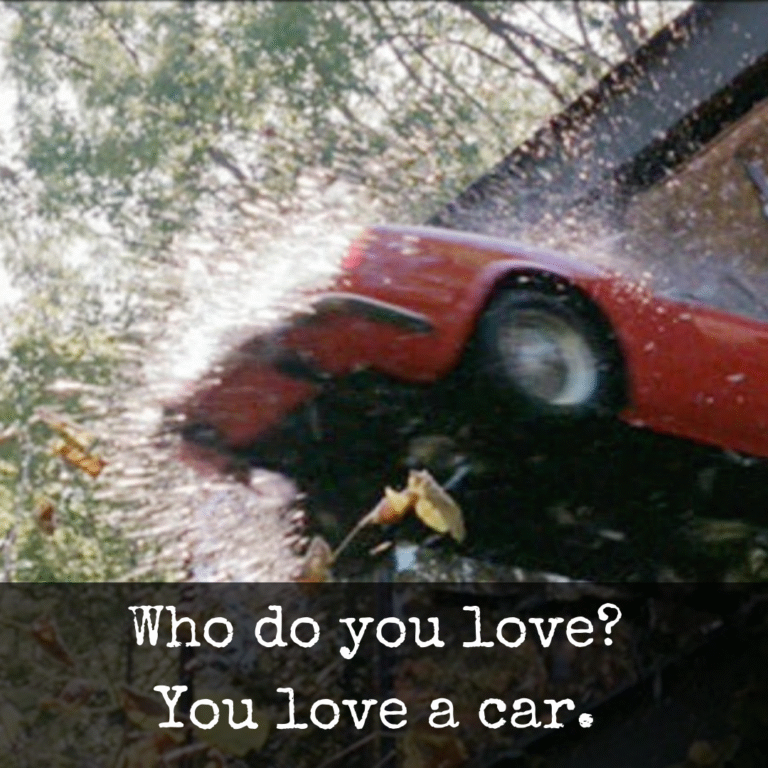Be a fountain, not a drain.
Occasionally, you’ll encounter people who consume and drain your valuable time and energy. And perhaps there have even been times when you have drained other people’s energy. As they say, it is much better to be a fountain, rather than a drain. What do I mean by that? I mean that we should all strive to vibrate higher, and put out energy that focuses on giving love, light, and positivity. And to do that, we also have to safeguard our hearts and minds from those who wish to drain us.
Case in point. I recently had a conversation with someone who spent the entire time we talked being angry, spiteful and quite hateful. I couldn’t get a word in. I attempted to validate their experience, even though they were completely miserable. And even my attempts at doing that fell on deaf ears. After almost an hour of listening to it, I was drained. My husband made the point that after that conversation, I needed “emotional dialysis” to cleanse myself from the negativity I had just heard for almost an hour.
I look back at it, and I wish that I had stopped the negativity in the conversation by disengaging from it. It was draining. And I didn’t realize how tiring it was until after the conversation. Even when trying to change the subject, this person would come right back to being hateful.
I am an empath by nature, which makes me vulnerable to not putting up effective boundaries when I need to. The truth is misery loves company. People who are consistently angry, negative, and emotionally draining want your company. So they will attempt to pull you down to their level.
Here are some ways you can handle people who are emotionally draining and protect your own energy:
Slow Things Down
When talking to someone who can be emotionally draining, slow things down and pay attention to the red flags. Ask yourself if you feel recharged talking to them or drained? Is this conversation productive at all? Then, take some time to examine how these encounters make you feel. Once you know how you feel, you can begin to determine boundaries you may want to put into place.
Practice Saying No
Sometimes, saying the word “no” is the hardest thing to do. This is because we want everyone in our circle and beyond to think of us as a good person. But saying no doesn’t make us a bad person and truthfully, there are times we need to say no. You have a right to protect your energy. By practicing saying “no” to people about small things, you will gain confidence in your ability to say no in situations that are emotionally draining. For example, if someone is looking for you to contribute to their negativity about a situation in a conversation, you can politely say, “No, I’m not going to say anything, because I don’t know the full situation” or “This sounds like a messy situation, and I don’t really want to get involved.”
Set Boundaries
If you are like me, you might have some challenges in setting boundaries. For a long time, I couldn’t even define what my boundaries were! It took a lot of work for me to unscramble my mind and realize that I had a right to set boundaries.
The reality is people who drain your energy will often overstep boundaries to get what they need. They are dependent on external validation from you that their gripes are legit. And maybe they are legit, but they are behaving in an unproductive, draining way. Be upfront and honest about how their actions and words make you feel. It is okay to tell someone that you are feeling emotionally drained by the topic or how they are behaving. It is okay to set limits as to how much time you will give them if they continue to be draining.
The funny thing is, sometimes people don’t even realize how draining they are being until someone says something.
Vibrate Higher
When you are a fountain, you are radiate kindness and positivity into the world. Don’t modify your energy to match someone else’s. Like I said earlier, misery loves company. Be a light and an example. Limit your time with draining people and leave your interactions being non-judgmental and kind.

